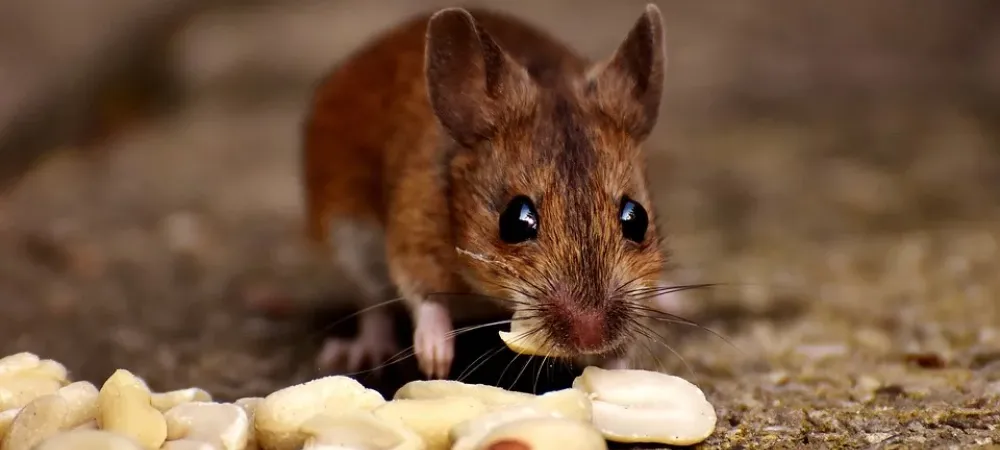Are Cute Little Mice Good To Have Around?

Mice are cute, right? If you don't think so, just do an internet search for "cute mice" and see what pops up - Tiny little fur ball critters with brown and white fur, tiny pink noses and lips, little bitty buck teeth, and tiny little hands that look almost human-like. Not to mention those ears. Mouse ears are famous for being cute. Who would have thought so much cuteness could hold so much sickness? It's true, a mouse might look sweet and innocent, but it is the perfect vehicle for spreading diseases.
Diseases Mice Cause
A mouse can transmit diseases to humans and animals through biting, droppings, fleas, lice, mites, and ticks. A few of the diseases carried by mice include salmonella, Hantavirus, leptospirosis, and rat-bite fever. If you think these diseases sound serious, you're right. Here are the symptoms related to these diseases:
- Salmonella: Nausea, vomiting, abdominal cramps, diarrhea, fever, chills, headache, blood in the stool.
- Hantavirus: Early symptoms: fatigue, fever, muscle aches; Late symptoms (4-10 days after initial phase) coughing and shortness of breath. This disease can be fatal.
- Leptospirosis: High fever, headache, chills, muscle aches, vomiting, jaundice, red eyes, abdominal pain, diarrhea, rash.
- Rat-bite fever: fever, chills, headache, ulceration at the site of the bite with red streaks, swelling of the lymph nodes, rash, muscle pain, vomiting, and sore throat; and this disease can pose possible complications such as infection of the heart, pneumonia, meningitis, or hepatitis.
There is nothing cute about any of these symptoms. Having a mouse in your home is a gamble you should never take.
Other Issues Mice Cause
- Mice have powerful front teeth that help them chew through wood and other building materials.
- Mice rip up insulation, wallpaper, and cardboard from stored boxes to gather materials for their nests.
- Mice soak areas with their urine and leave their droppings in many places.
- Mice spread ticks, fleas and other ectoparasites around.
- Mice chew on wires inside walls. This can lead to a house fire.
How to Get Rid of Mice
How can you keep disease-carrying mice out or get them out once they’ve moved in?
- Install door sweeps if your doors don't already have them. Make sure they have no gaps. Mice can squeeze through a hole the size of a dime.
- Repair or replace damaged or torn screens.
- Inspect your foundation, walls, and roof area for gaps or cracks and seal all holes using a caulking gun.
- Store all food in airtight containers or in the refrigerator. If rodents don't find dinner in your home, they may move on.
- Make sure all trash, inside and out, is in containers with tight-fitting lids. Mice aren't picky.
- Keep attics, basements, and crawl spaces ventilated and dry. Rodents need water.
- Eliminate moisture sites.
- Store firewood at least 20 feet from your home and up off the ground. Animals and bugs love to hide in firewood.
- Trim bushes and branches several feet from your walls and roof. Animals use these as a type of bridge.
If you've done all you can to keep these cute little critters out and they still have managed to get into your home, it is time to consider contacting a professional pest control company. Here at Witt Pest Management, we've been in the mouse-hunting business since 1908, and we've learned a few things. If you need to rid your home of mice, or any other household pest, Witt Pest Management, Pittsburgh's oldest and most advanced pest control company, can help. Give us a call today, we'll make sure the only place you'll see cute little mice is on the internet.
